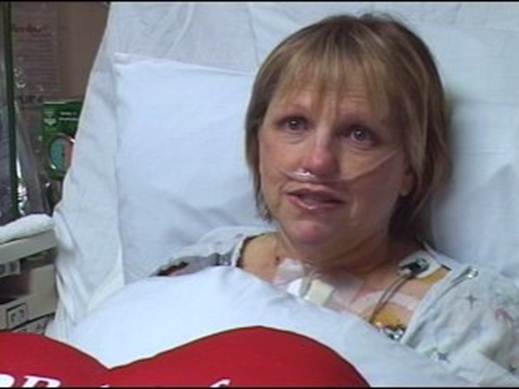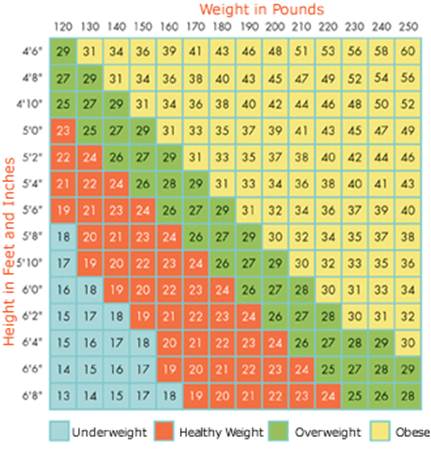Dying to be slim?
A dangerous legal loophole means doctors
registered in the UK can prescribe unlicensed (non-NHS approved) medicines,
provided they take personal responsibility for them.
“These medicines may include addictive,
amphetamine-like drugs or those unsuitable for weight loss, such as diuretics
or thyroid drugs,” says Dr. Haslam. “They’re typically given out at private,
high-street weight-loss clinics. Patients’ medical history may not be taken,
they might not be suitable to take the drugs and they’re often not warned about
side effects.”

Cindy
Cartwright began taking fen-phen 23 years ago to drop some weight she had
gained following the birth of her youngest child. She only took the drug for
six months, but more than two decades later, Cartwright’s health has suffered
because of fen-phen.
Commonly abused diet drugs include
amphetamine-like appetite suppressants phentermine (trade name Duromine),
Diethylpropion (also known as amfepramone), dexfenfluramine and fenfluramine
(Phen-fen). They’re highly addictive, disrupt sleep and can cause mood swings,
chest pains, palpitations, nausea, headaches, dizziness, anxiety,
hallucinations and high blood pressure. Also abused is methylphenidate (trade
name Ritalin) – a drug for Attention Deficit Hyperactivity Disorder – and
sibutramine (Reductil), an appetite suppressant banned in the UK due to
possible links with heart disease.
Slimming pills – shop savvy
If you’re intent on trying a pill for some
extra help, Dr. Ruxton has the following advice:
Buy from a well-known UK pharmacy or ship.
This way you know the product is safe, even if its efficacy hasn’t been proved.
If you buy online, only buy from EU
sources. ‘Natural’ or ‘herbal’ from other countries doesn’t necessarily mean
safe, say the MRA.
Remember they’re slimming ‘aids’ not
‘solutions’. If your diet and lifestyle have caused you to put on weight, then
it’s your diet and lifestyle that will have to change.
If you’re worried about the safety of a
product, call MHRA on 020 3080 600.
Warning: It won’t be pretty!
Doctors won’t suggest a weight-loss drug
unless your BMI is over 30 – or 28 and you have a related condition such as
diabetes. And if they do, “The only pills currently available for prescription
are ‘fat binders’ called orlistat – trade name Xenical,” explains Dr. Haslam.
“Taken properly, they can help patients lose 5 – 6% of their weight, which is
enough to make a meaningful difference to their health.”

The
BMI (Body Mass Index) scale uses your height and weight to determine if you are
underweight, a healthy weight, overweight, or obese.
The downside? “They can have very
unpleasant side effects if you don’t take them properly,” he warns. “they work
by binding to the fat you eat and transporting it out via your bowels, so 30%
of the fat you ingest won’t be digested – an easy way to cut calories. But this
means you can get greasy stools and if you eat too much fat, it can leak out.
Some people find this an incentive to eat a healthy, low-fat diet,” he
continues. “It does make Orlistat an effective medication because it’s hard to
abuse – in other words, to continue to eat unhealthily – without real
embarrassment and discomfort.”
If you have less weight to lose, Alli is a
milder form of Orlistat available from pharmacies. “It’s 85% as effective, with
only 50% of the side effects,” says Dr. Haslam. You’ll need a consultation with
the pharmacist, “But this does make it accessible to more people. And of course
you’ll still want to eat well to avoid the side effects. If you do, Alli can
help you lose an extra 1lb for every 1lb you lose yourself, which is a
responsible approach and a realistic outcome.”